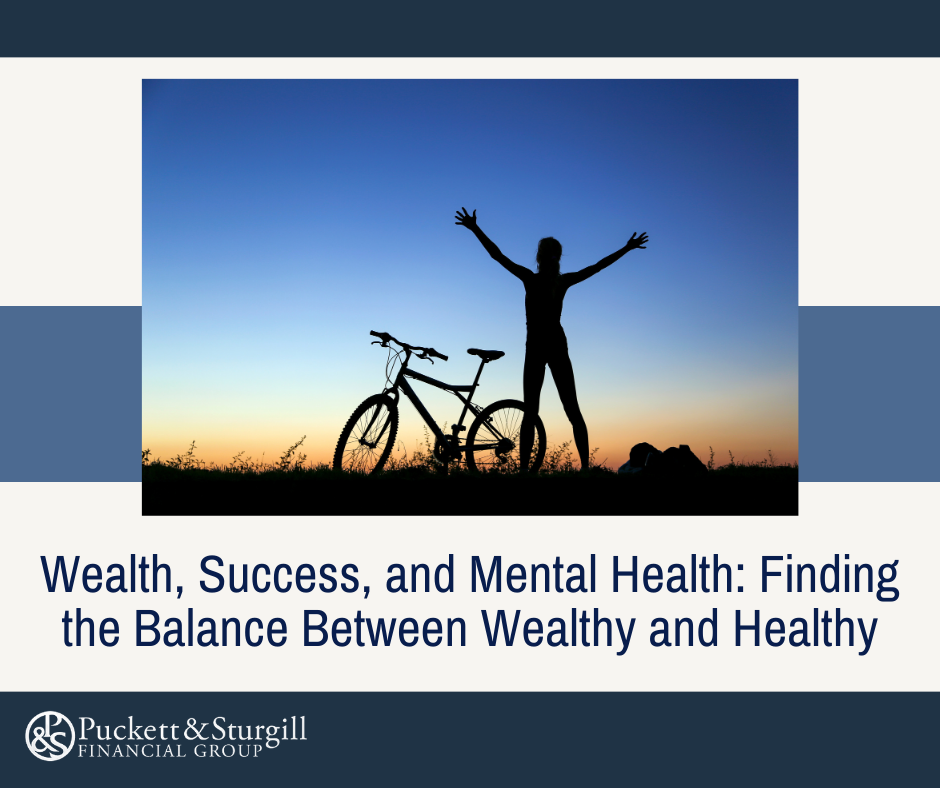
Wealth, Success, and Mental Health: Finding the Balance Between Wealthy and Healthy
April marks Stress Awareness Month, which provides a great opportunity to shed light on a topic often overlooked in the world of high-net-worth investors, which is mental health. For anyone who is used to managing substantial wealth, the pressure to sustain success may take a toll on your mental well-being. Here are some of the mental health challenges that high-net-worth individuals may face, how to address stigmas surrounding the issues, and a few practical tips to help you prioritize your mental health while continuing to pursue wealth and success. Isolation and Loneliness Wealthy individuals often find themselves isolated due to the challenges of managing significant assets. Common fears of being misunderstood or taken advantage of may further contribute to feelings of loneliness, particularly for those who grew up in lower-income families and then became wealthy. Perfectionism and High Expectations Pursuing success may breed perfectionism and high expectations. Constantly striving for excellence may lead to chronic stress, anxiety, and a never-ending quest for validation along the way. Fear of Failure and Financial Stress Even when you have financial success, the fear of an economic downturn or other crisis may be a constant source of stress. The pressure to maintain a certain lifestyle may also create a perpetual cycle of anxiety. Stigma Around Mental Health It’s common for high-net-worth individuals to hesitate to seek help due to the stigma surrounding having mental health problems. The misconception that money equals happiness may deter people from acknowledging, let alone addressing, their mental health struggles. Tips to Help You Prioritize Your Mental Health Here are some tips to up-level how you deal with your mental health. Break the Silence Challenge mental health stigmas by openly










